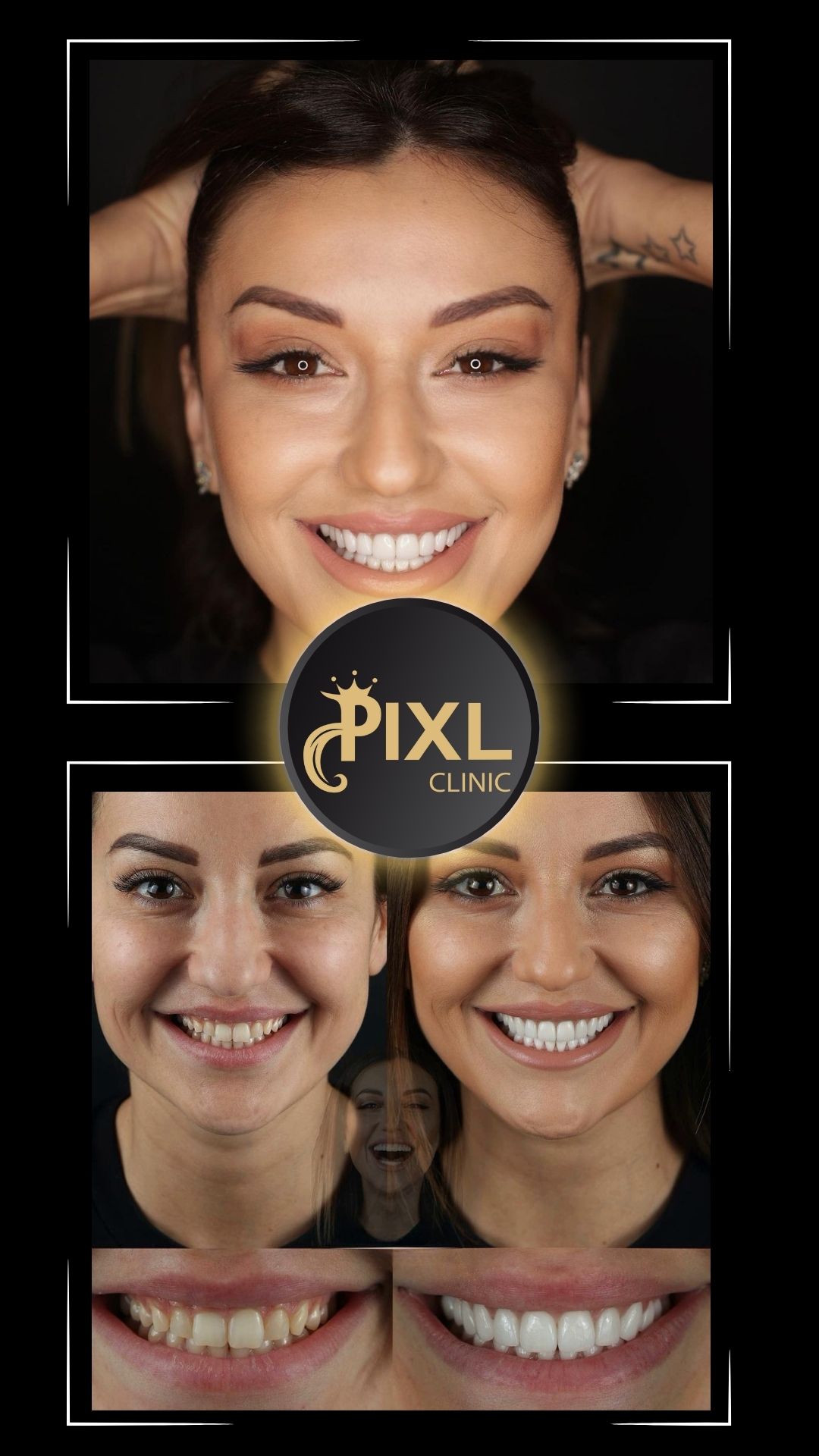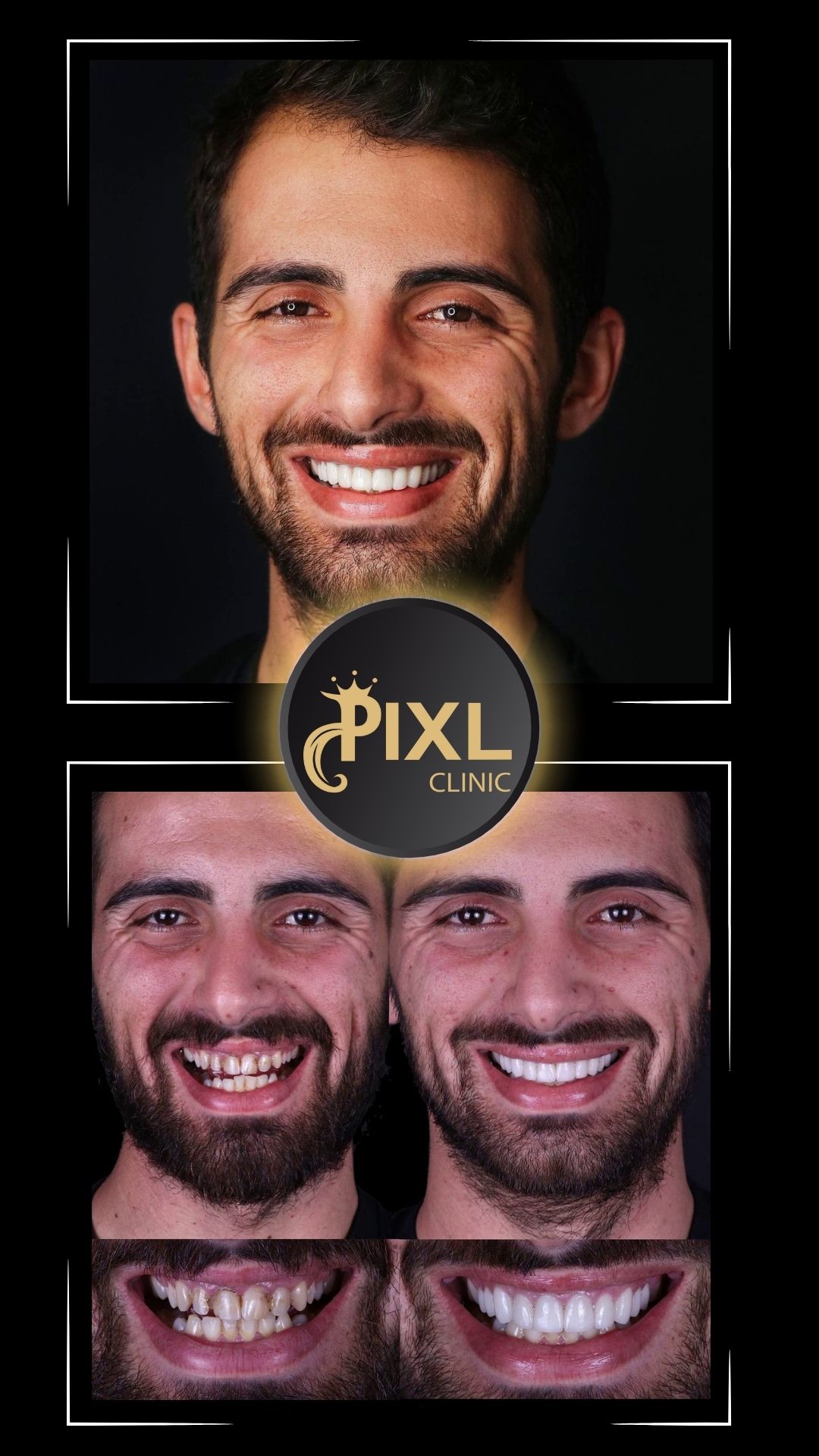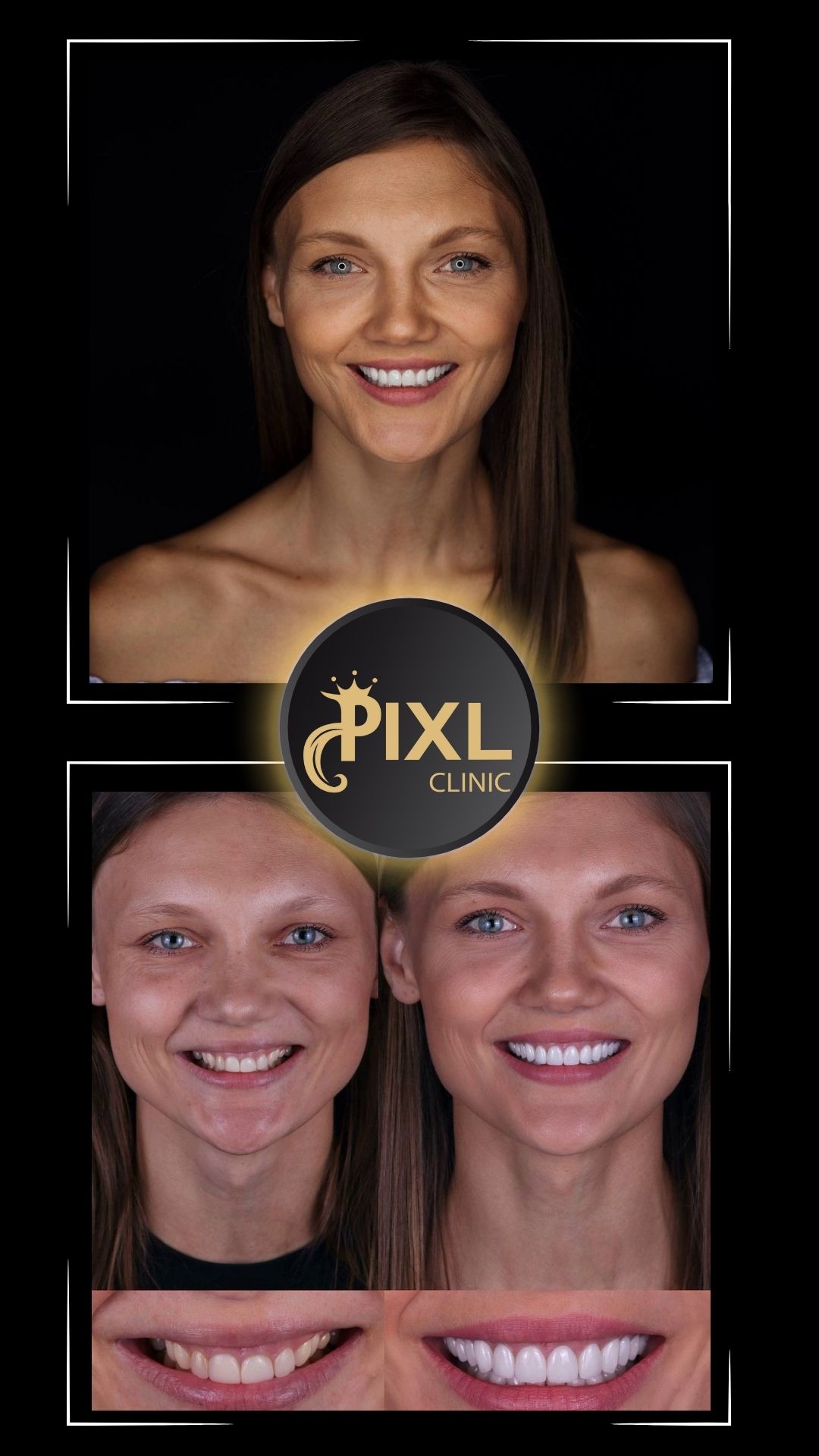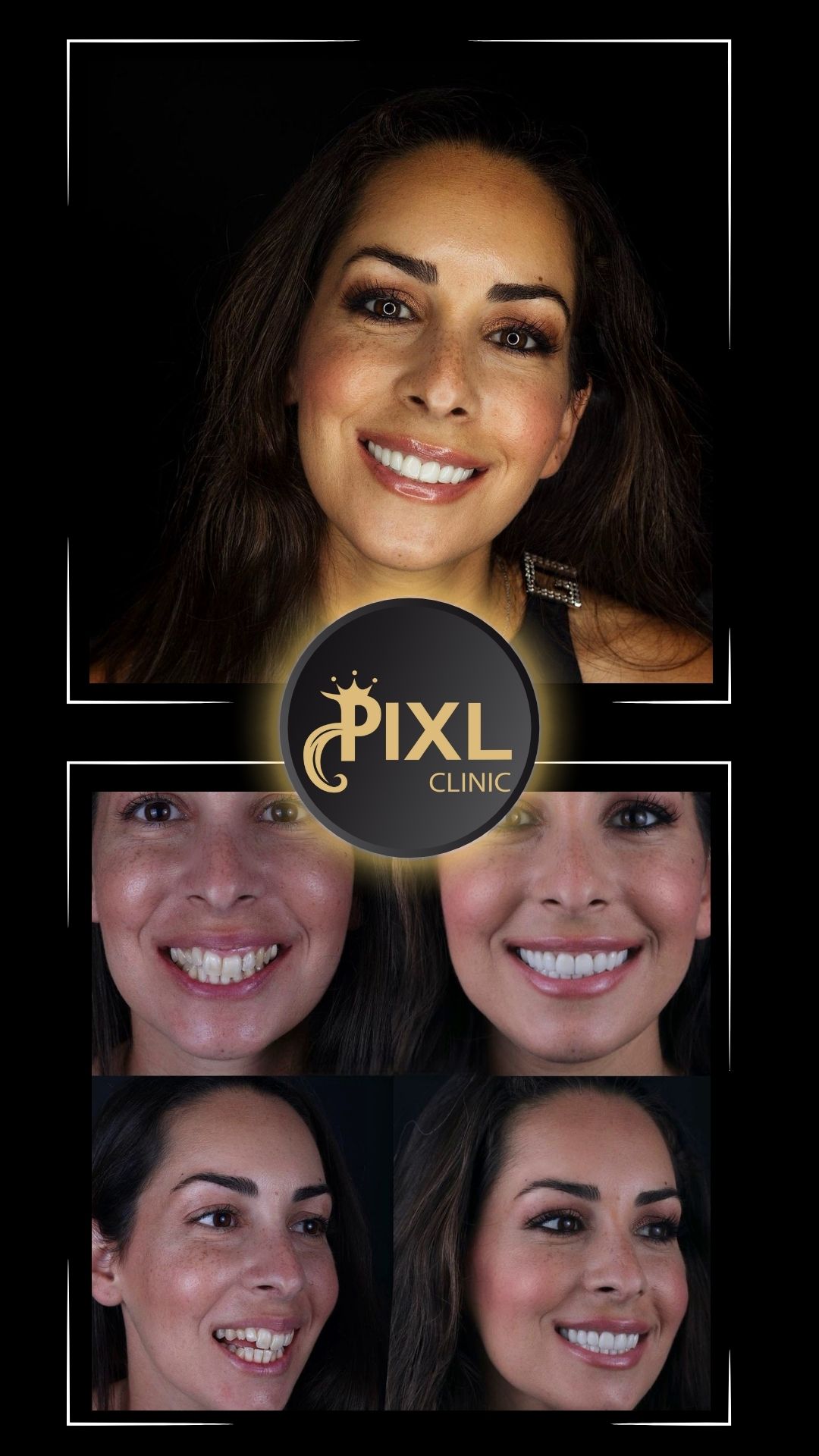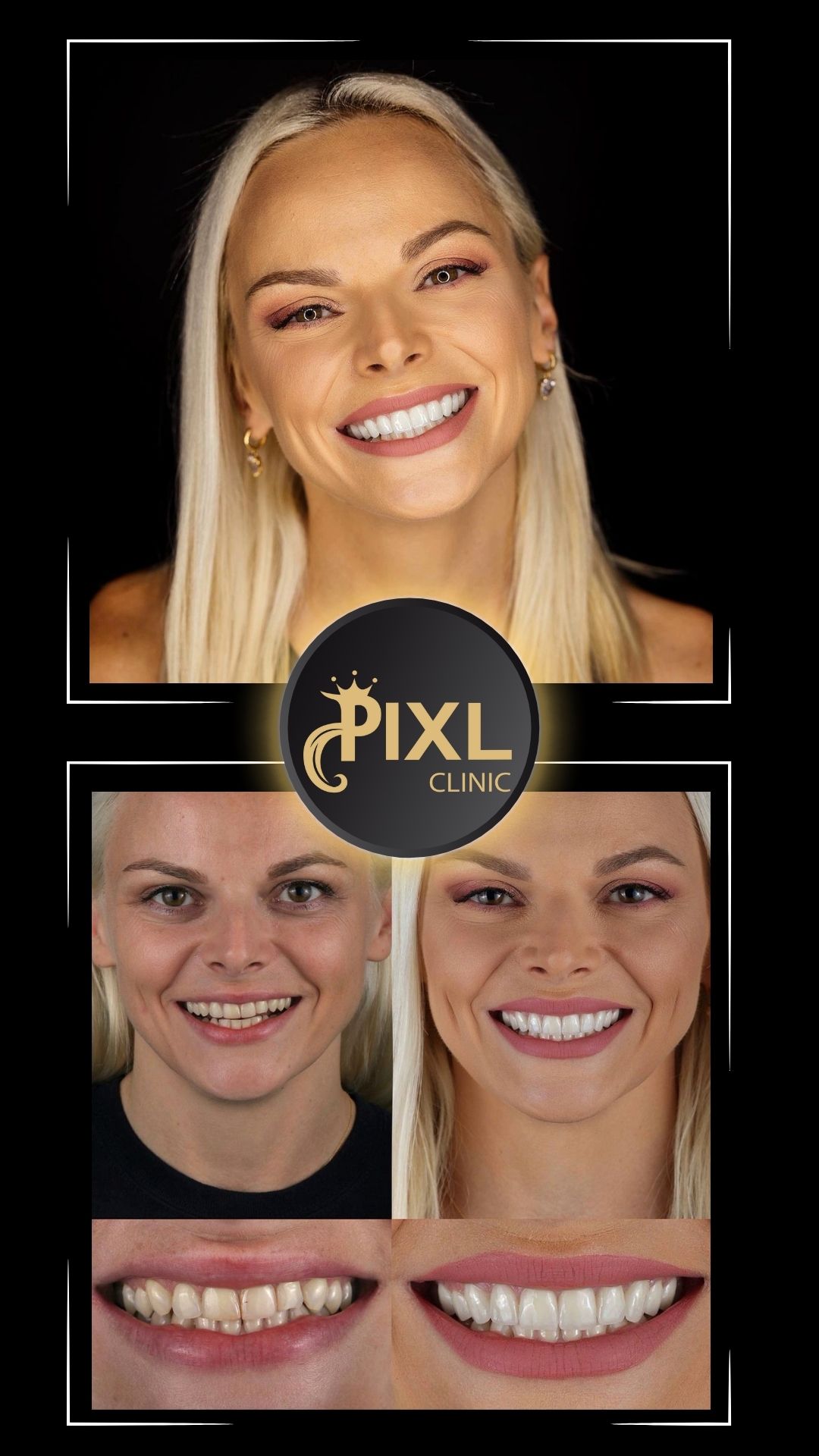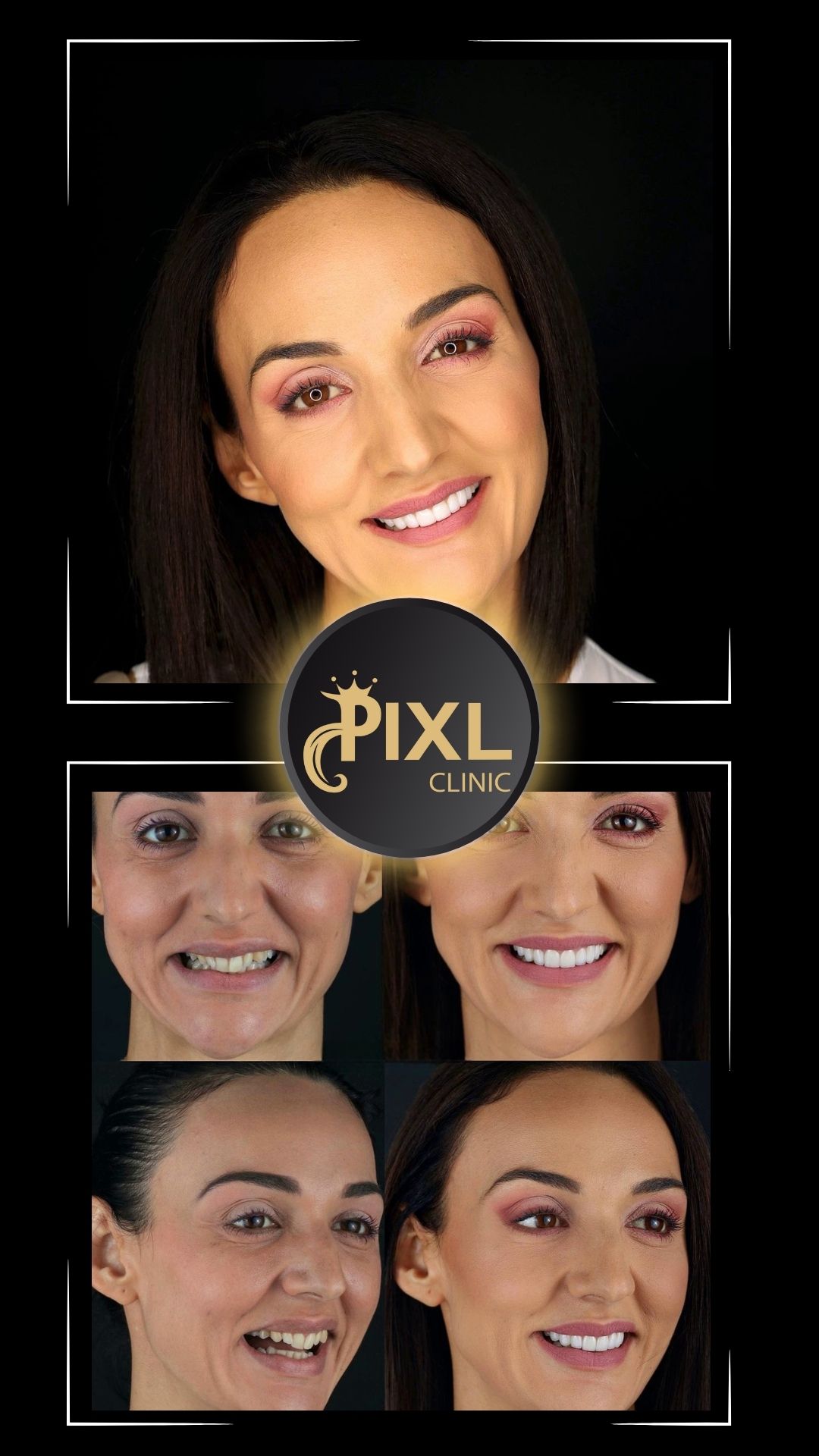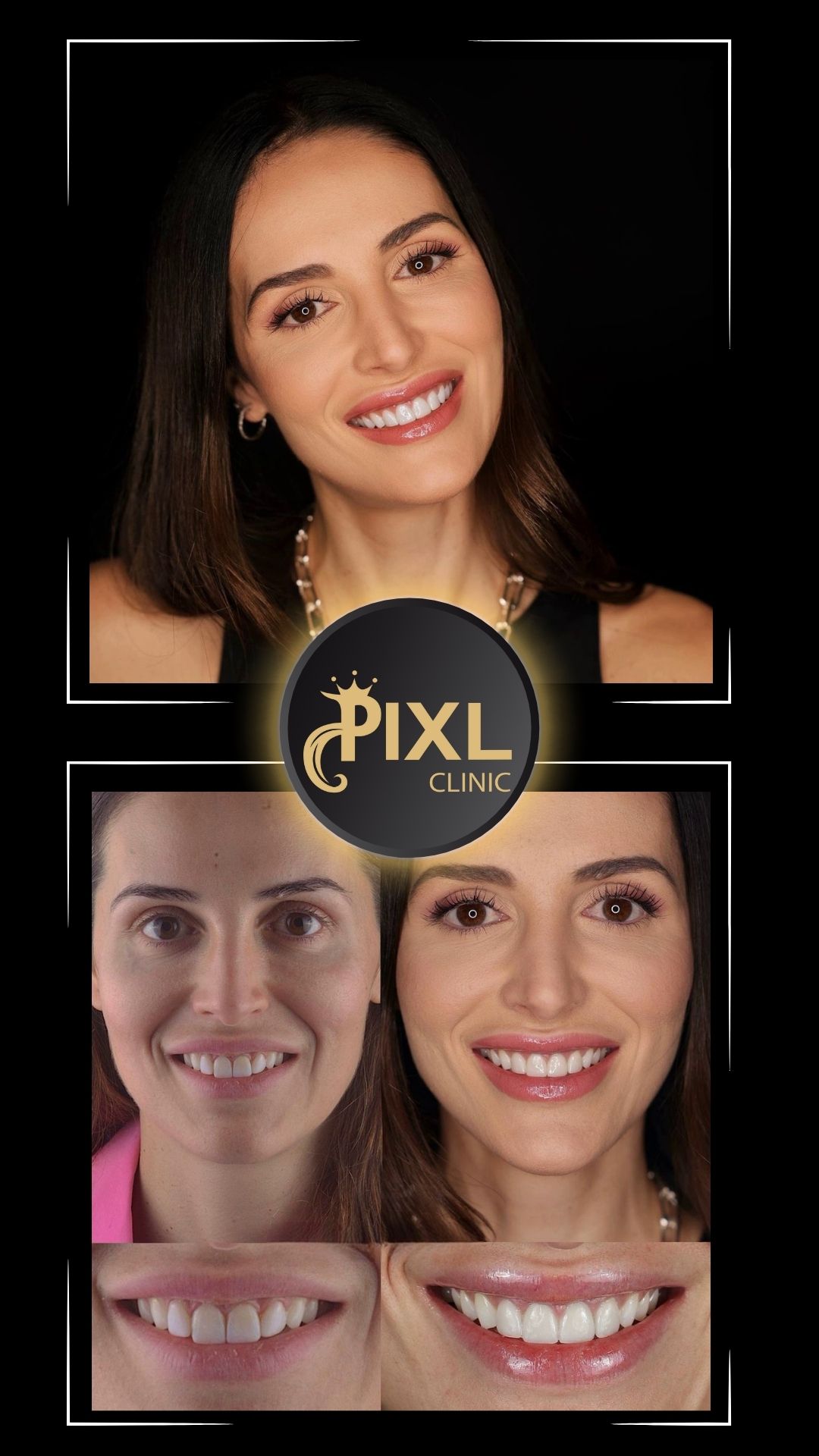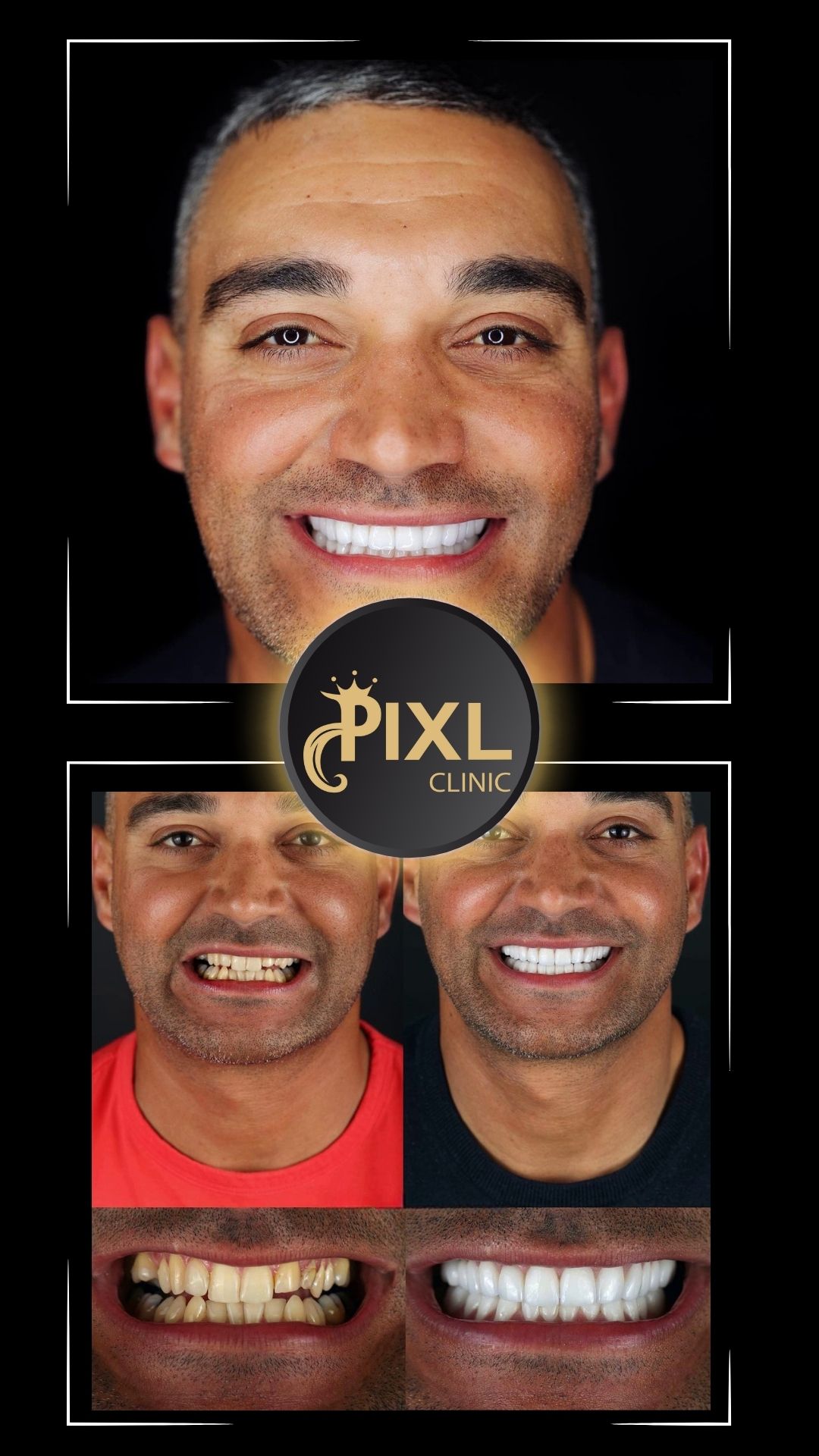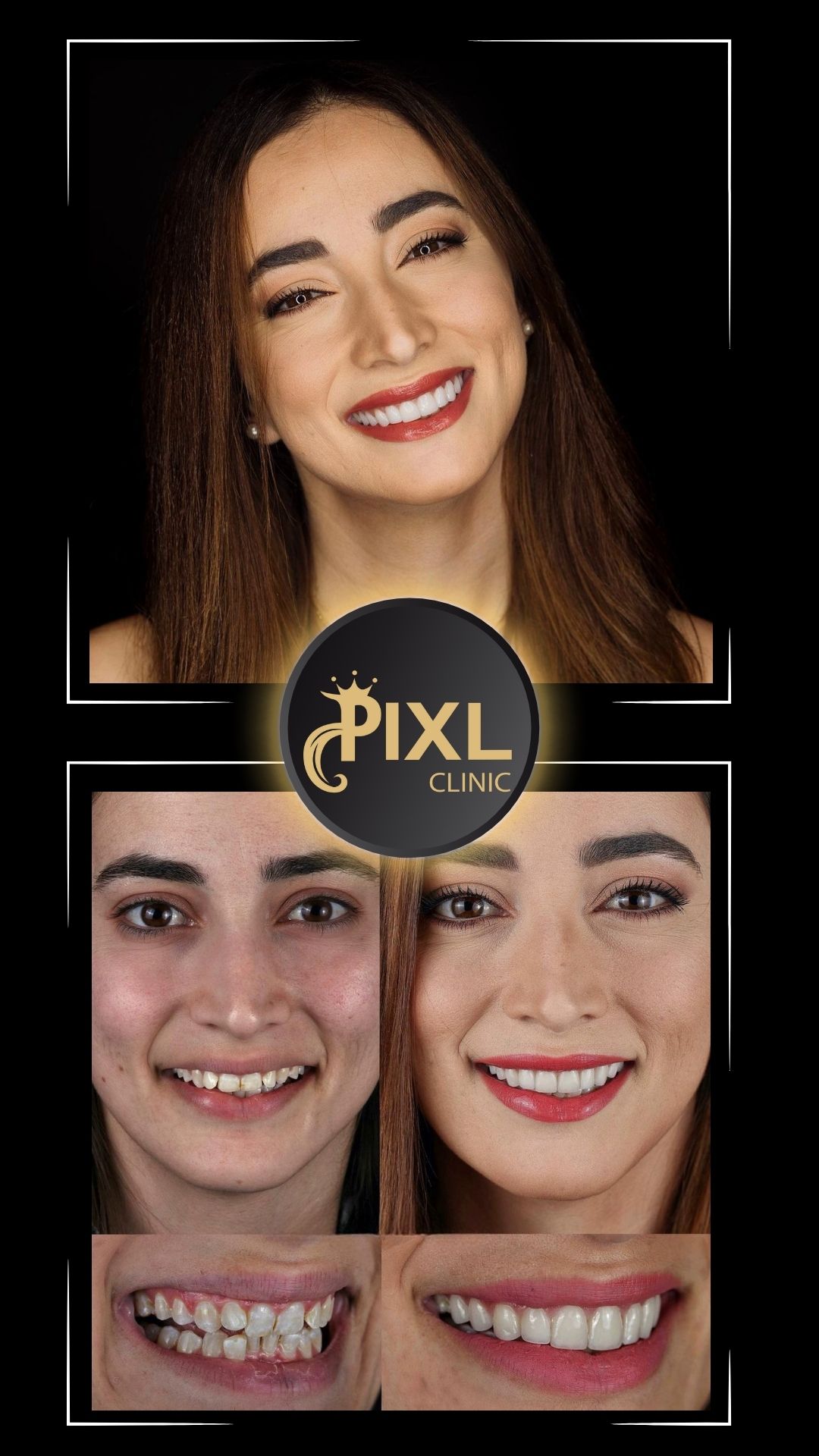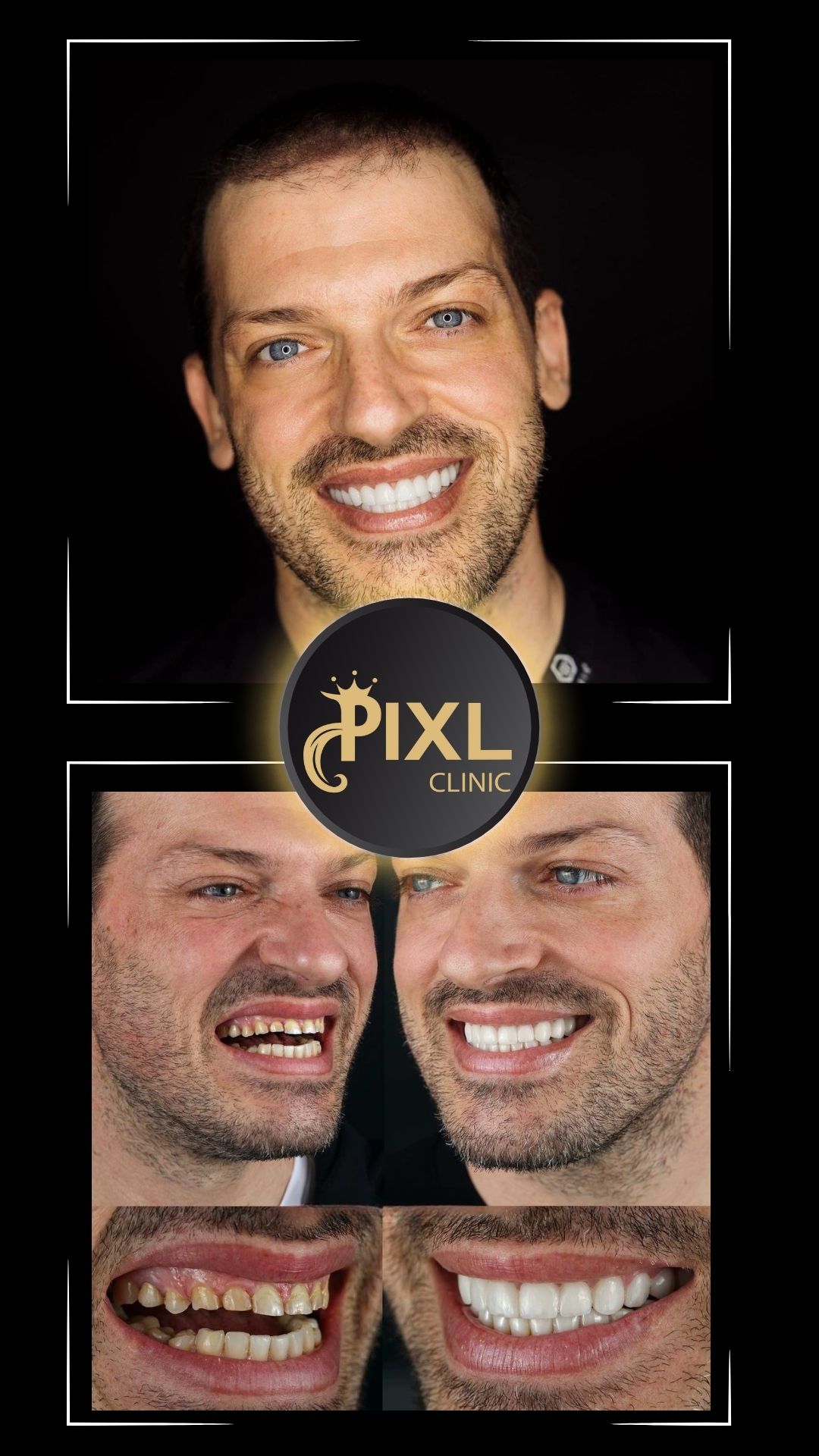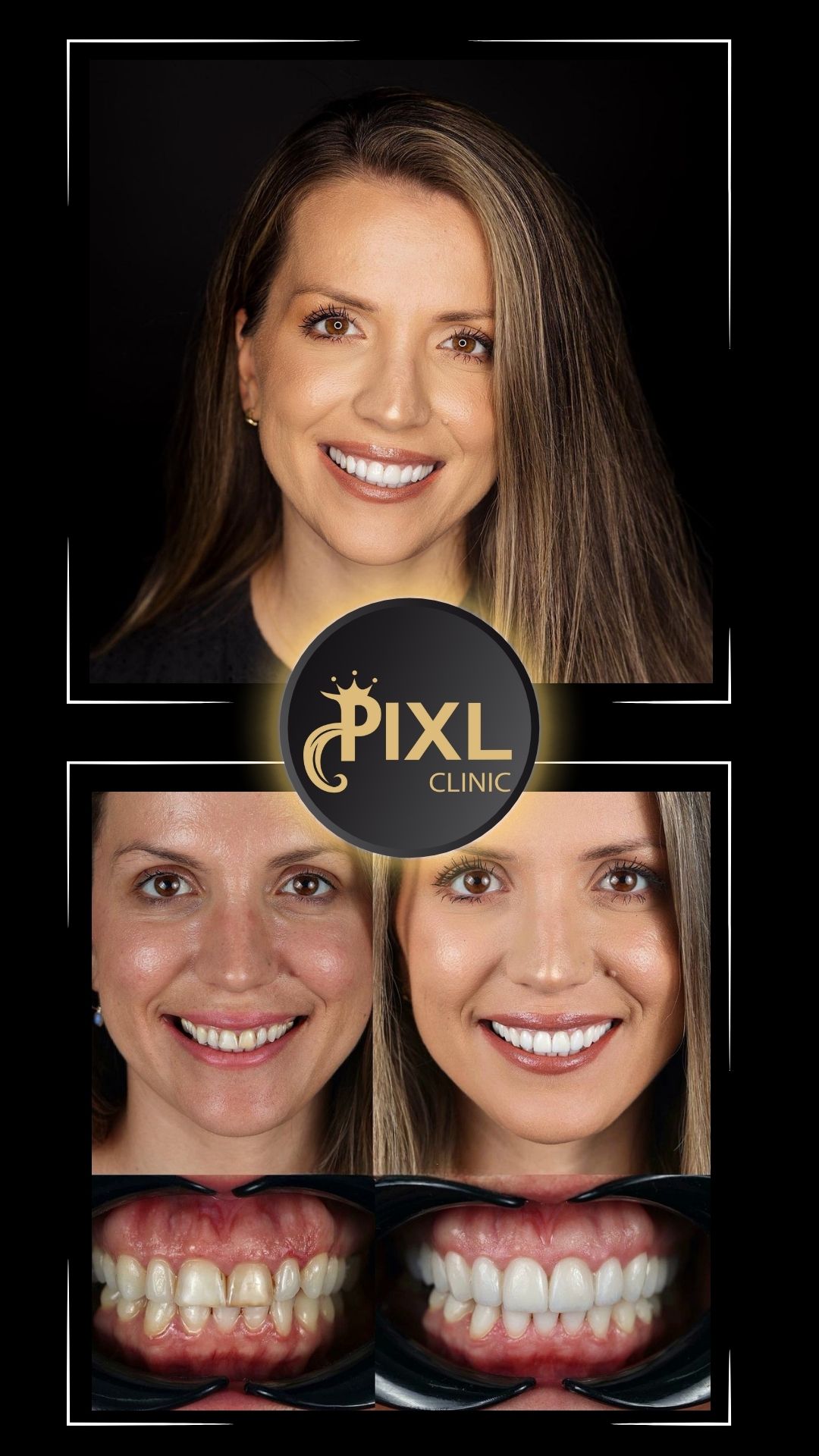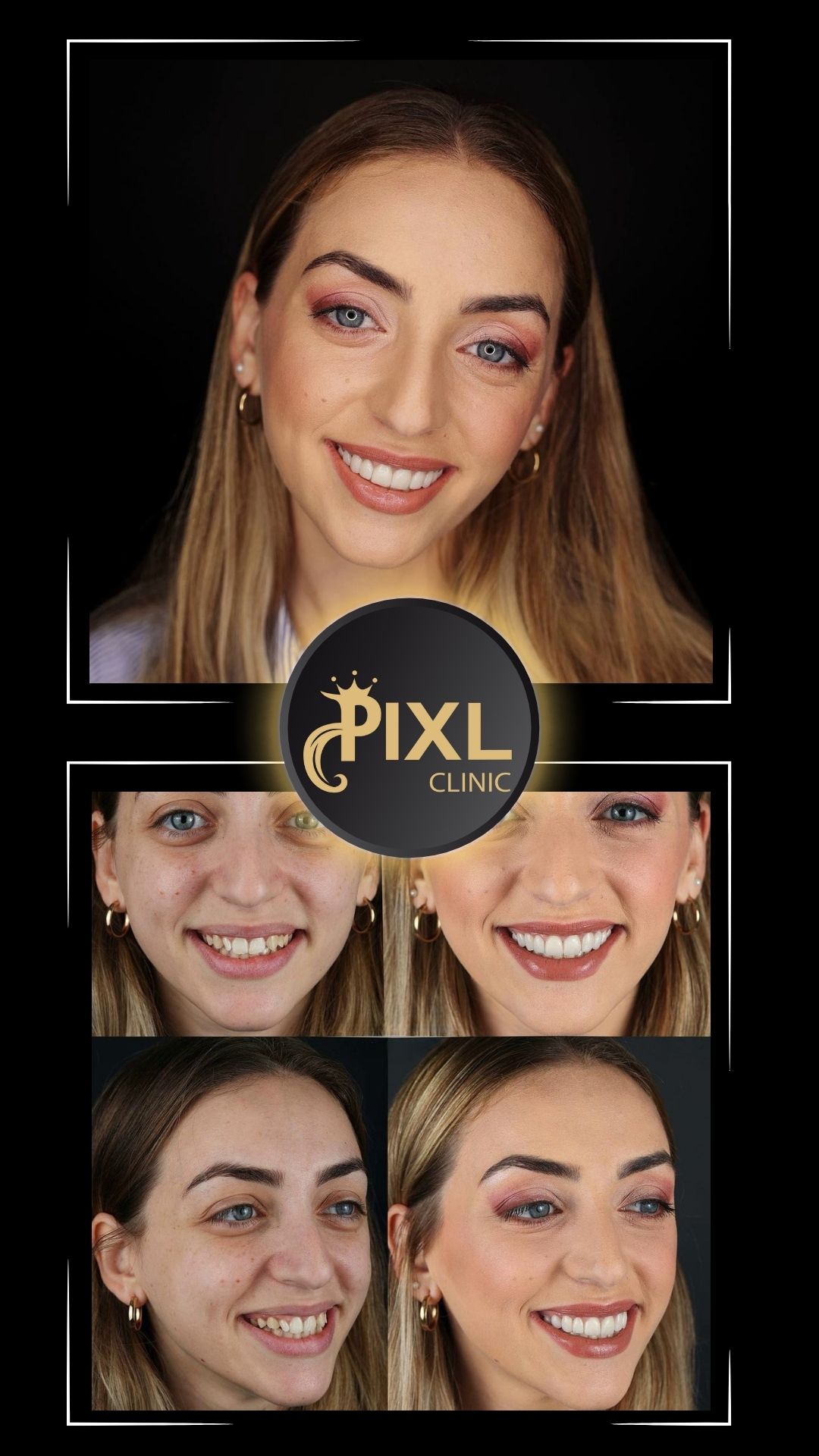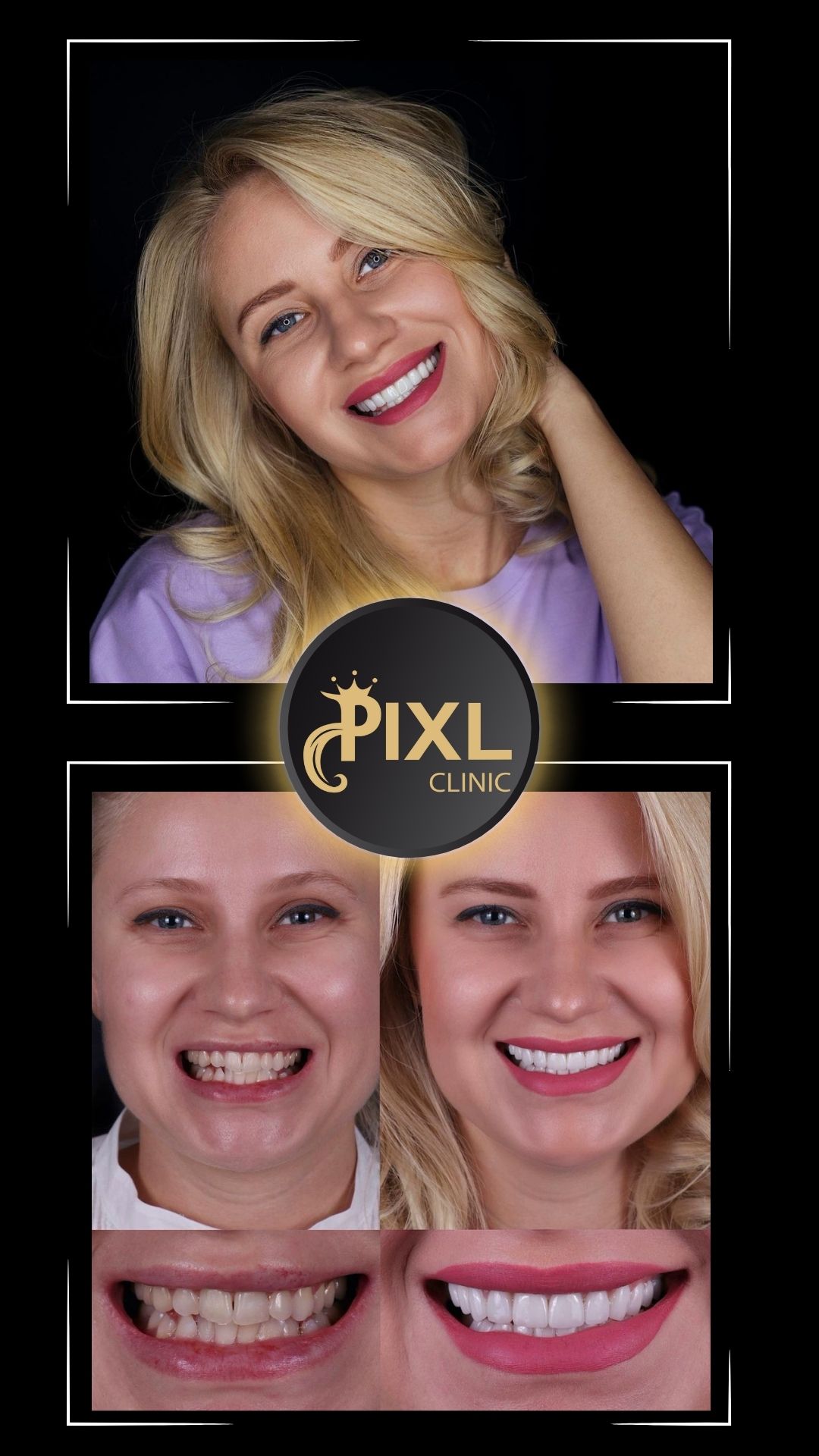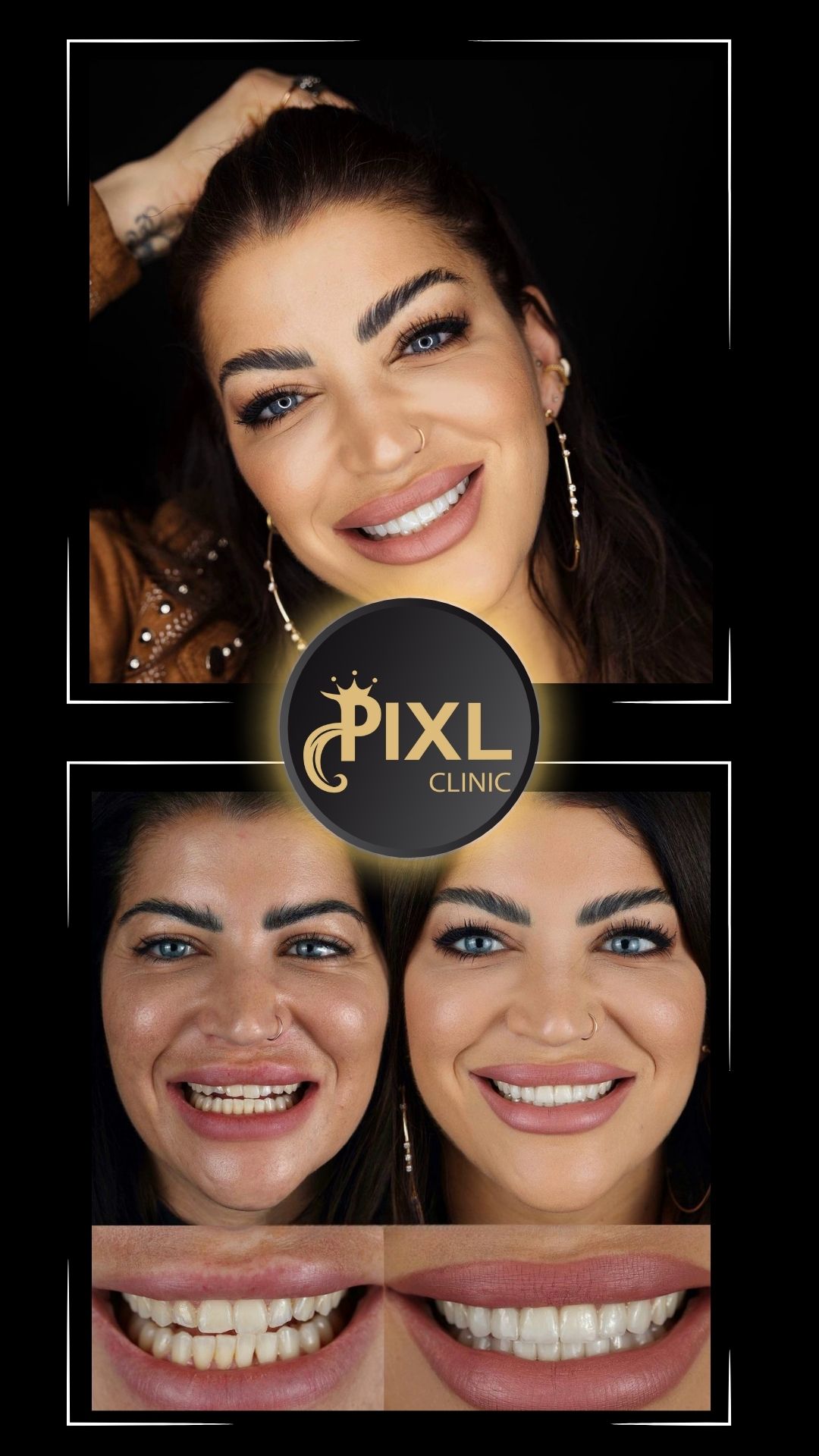Are Veneers Permanent? How Long Can You Expect Them to Last?
Veneers are a popular cosmetic dental solution, offering a quick way to achieve a bright, even, and flawless smile. However, one of the most common questions people have about veneers is: Are they permanent, and how long do they last? In this blog post, we’ll explore the longevity of veneers, the factors influencing their lifespan, and tips for maintaining them.
Are Veneers Permanent?
Technically, veneers are not permanent, but they are a long-lasting solution. Once a dentist applies veneers to your teeth, they typically remain in place for many years. However, because the process involves removing a thin layer of enamel, it is irreversible. This means that once you choose veneers, you’ll always need a covering for your teeth, whether you stick with veneers or opt for another solution in the future.

How Long Do Veneers Last?
On average, veneers last between 10 to 15 years, but with proper care, some can last even longer. There are two main types of veneers, each with different lifespans:
Porcelain Veneers
- Lifespan: 10–15 years or more
- Durability: Porcelain veneers are known for their strength and natural appearance. They are highly resistant to staining and chipping.
Composite Veneers
- Lifespan: 5–7 years
- Durability: Composite veneers are more affordable but less durable than porcelain. They are more prone to staining and chipping over time.
Factors That Affect the Longevity of Veneers
Several factors influence how long your veneers will last:
Material Quality
- Porcelain veneers are more durable and long-lasting than composite veneers.
Oral Hygiene Practices
- Regular brushing, flossing, and dental checkups are crucial to maintaining your veneers and overall oral health.
Diet and Lifestyle Choices
- Avoiding foods and habits that can damage veneers—like biting into hard objects, nail-biting, and consuming excessive staining agents (e.g., coffee, red wine)—can prolong their lifespan.
Dentist’s Expertise
- The skill of the dentist applying the veneers plays a significant role in how well they are fitted and how long they last.
Natural Wear and Tear
- Over time, veneers can weaken due to daily use. Grinding your teeth (bruxism) can accelerate this process.
How to Extend the Life of Your Veneers
Here are some tips to ensure your veneers stay in top condition for as long as possible:
- Practice Good Oral Hygiene: Brush and floss daily to keep your teeth and gums healthy.
- Use a Soft-Bristled Toothbrush: This prevents unnecessary wear on your veneers.
- Wear a Mouthguard: If you grind your teeth at night, a mouthguard can protect your veneers.
- Limit Staining Foods and Beverages: While porcelain veneers are stain-resistant, it’s still wise to limit foods and drinks that cause discoloration.
- Avoid Hard or Sticky Foods: These can chip or dislodge your veneers.
When to Replace Veneers
Over time, veneers may show signs of wear, such as chips, cracks, or discoloration. Gum recession can also expose the edge of the veneer, impacting its appearance. If you notice these issues, consult your dentist about replacement options.
While veneers are not technically permanent, they are a durable and lasting investment in your smile. With proper care and regular dental checkups, you can enjoy the benefits of veneers for over a decade. When the time comes to replace them, modern dental technology ensures the process is straightforward and effective.
If you’re considering veneers or have questions about their care, consult a qualified dentist to explore your options and create a plan tailored to your needs. A stunning, long-lasting smile could be just one appointment away!
FAQs About Veneers
Are veneers permanent?
Veneers are not permanent, but they are a long-lasting solution. The procedure is irreversible because a small amount of enamel is removed from the teeth. While veneers need to be replaced eventually, they can last for many years with proper care.
How long do veneers last?
- Porcelain veneers: Typically last 10–15 years or more.
- Composite veneers: Last around 5–7 years.
The longevity depends on factors like material quality, oral hygiene, and lifestyle choices.
Can veneers stain?
Porcelain veneers are highly resistant to stains from coffee, wine, and other staining agents. Composite veneers, on the other hand, are more prone to discoloration over time. Practicing good oral hygiene can help maintain their appearance.
Do veneers require special maintenance?
No, veneers do not require special maintenance beyond standard oral care. Brush twice a day with a non-abrasive toothpaste, floss daily, and visit your dentist regularly for checkups and cleanings.
Can veneers fall off?
While veneers are securely bonded to your teeth, they can occasionally become loose or fall off due to factors like trauma, poor bonding, or improper care. If this happens, consult your dentist immediately.
Are veneers painful to get?
Most people experience little to no discomfort during the veneer procedure. Dentists typically use local anesthesia to minimize any sensitivity during tooth preparation. Some sensitivity to temperature may occur after the procedure but usually subsides quickly.
Are veneers suitable for everyone?
Veneers are ideal for people looking to address cosmetic dental concerns such as discoloration, chipped teeth, or minor misalignments. However, those with severe tooth decay, gum disease, or weakened teeth may need to address these issues first.
Can I eat normally with veneers?
Yes, you can eat most foods with veneers. However, it’s best to avoid biting into hard or sticky foods (e.g., ice, nuts, hard candy) to prevent damage. Chewing with your back teeth for particularly tough foods can also help.
Can veneers fix crooked teeth?
Veneers can correct minor misalignments and improve the appearance of crooked teeth. For more severe cases, orthodontic treatment like braces or Invisalign may be necessary.
What happens if a veneer breaks or chips?
If a veneer is damaged, consult your dentist. Depending on the severity, the veneer may be repaired or replaced. Avoid chewing hard items to reduce the risk of damage.
How do I know if I need to replace my veneers?
Signs that veneers may need replacement include:
- Visible chips or cracks
- Discoloration
- Gum recession exposing the veneer edges
- Loose or detached veneers
Can I whiten my veneers?
Veneers cannot be whitened with traditional teeth whitening treatments. If your natural teeth discolor over time, whitening them can help match the veneers better. Otherwise, replacing the veneers may be necessary to achieve a whiter shade.
Will my teeth be damaged under the veneers?
When done correctly, veneers should not damage your teeth. However, since a thin layer of enamel is removed, the teeth will always need a covering (like veneers) once the process begins.
Can veneers fix gaps between teeth?
Yes, veneers are an excellent option for closing small gaps between teeth. They provide a natural-looking solution for creating a uniform smile.

